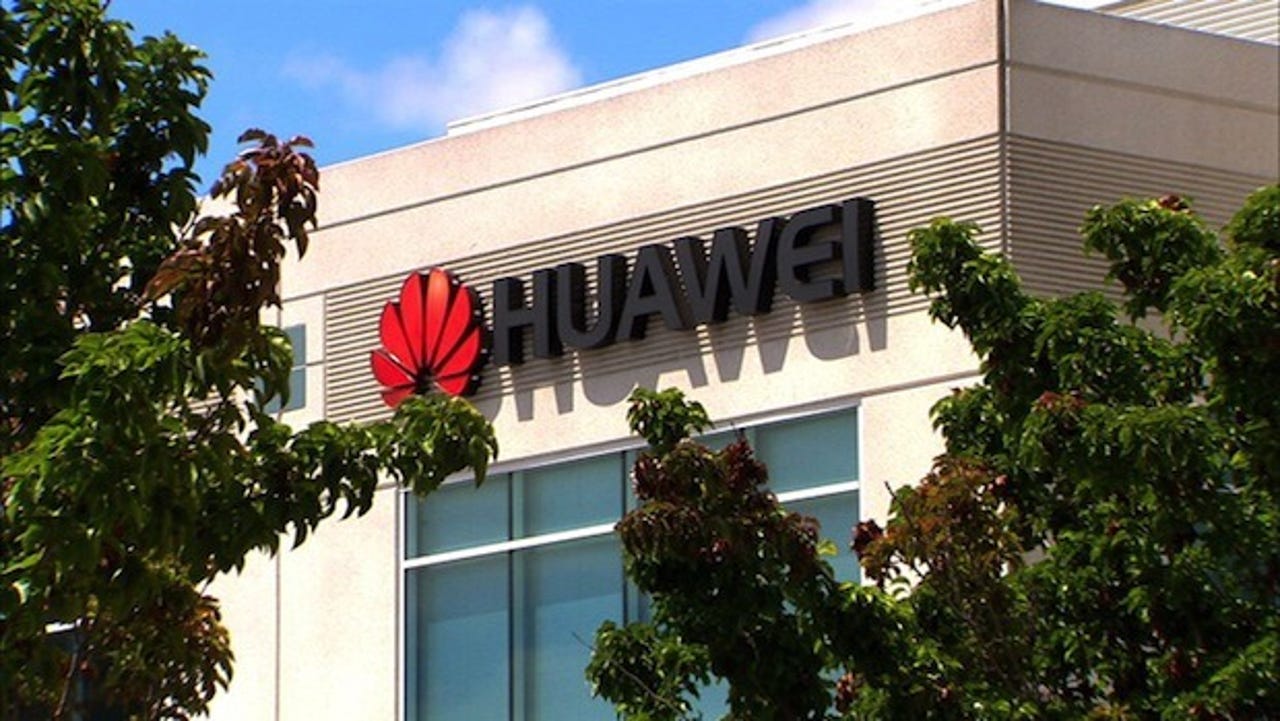Huawei announces new chief executive — but he'll only last six months

Huawei on Monday announced a new chief executive to head up the company.
But Eric Xu, who will be the new acting boss, will only have a shelf life until March 31, 2014, when he will be replaced once again. Xu takes over from Guo Ping, who was in the role since March 2012.
Why? There is a method to this madness, according to the company.
The Chinese telecom infrastructure and mobile device maker said last year that it will begin an ongoing experiment by rotating its top-spot role every six months. Every half-year, a panel of three senior staffers will rotate, allowing each one to take their turn in the chief executive's chair.
Under the plan, Ren Zhengfei remains the company's chairman.
The reason for this, though, is to bring new and fresh ideas to the company. Xu, a 10-year veteran at the company, will oversee a time in China which is under extraordinary and rapid change. The logic is to keep the company on its toes and ready to take on challenges ahead — which the company has seen in recent years, thanks to those pesky meddling kids in Washington — where otherwise the idea pool may become stagnant.
Ren said in a public statement last year:
In times when social changes were not so dramatic, emperors could reign for several decades and create periods of peace and prosperity [...] The rotational period for each emperor lasted several decades.
Today, tides rise and surge; companies are springing up all over the place while others are quickly being swept away. Huawei hasn't found a way to adapt well to a rapidly changing society. Time will tell if the rotating CEO system is the right move or not.
Huawei remains a major player in the Chinese and Asian markets, despite being shunned by the United States. American businesses were warned off Huawei's telecoms and networking equipment by members of the U.S. House of Representatives, who were left "frustrated" and "unconvinced" by the testimony given by Huawei's top executives.
U.S. politicians claimed Ren's links to China's People's Liberation Army may have resulted in backdoors and other deliberate vulnerabilities to allow the Chinese government to conduct espionage on foreign networks; claims which the company has repeatedly denied.
This may on its own sound like the thought process of a rambling deranged person, though not so much following the Snowden leaks, which claimed the U.S. National Security Agency weakened standards and technologies, allowing their encryption to be bypassed easier.
Time will tell if a rotating door of chief executives it's a good idea or not. At least we can say it's "different" and "unconventional." See you in six months to report on the new boss?
Corrected at 9:10 p.m. ET: to adjust first paragraph, noting that Xu will replace Guo, not Ren.
